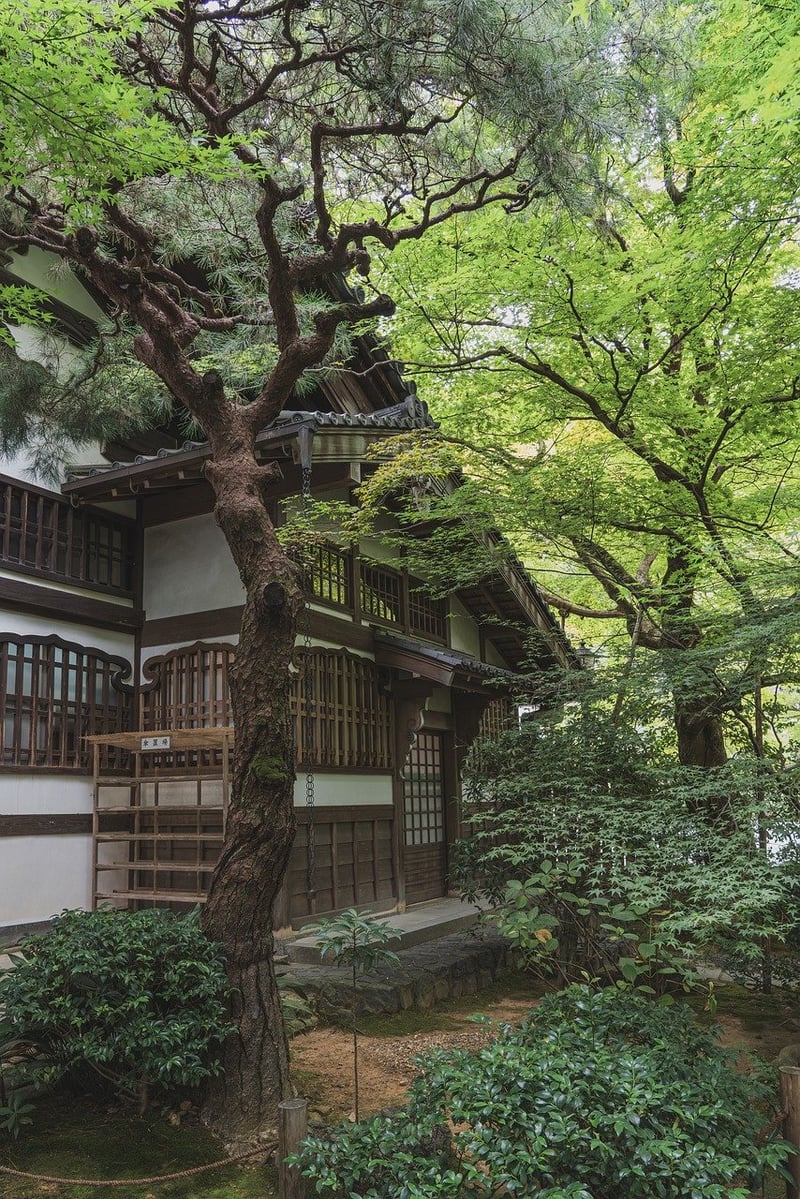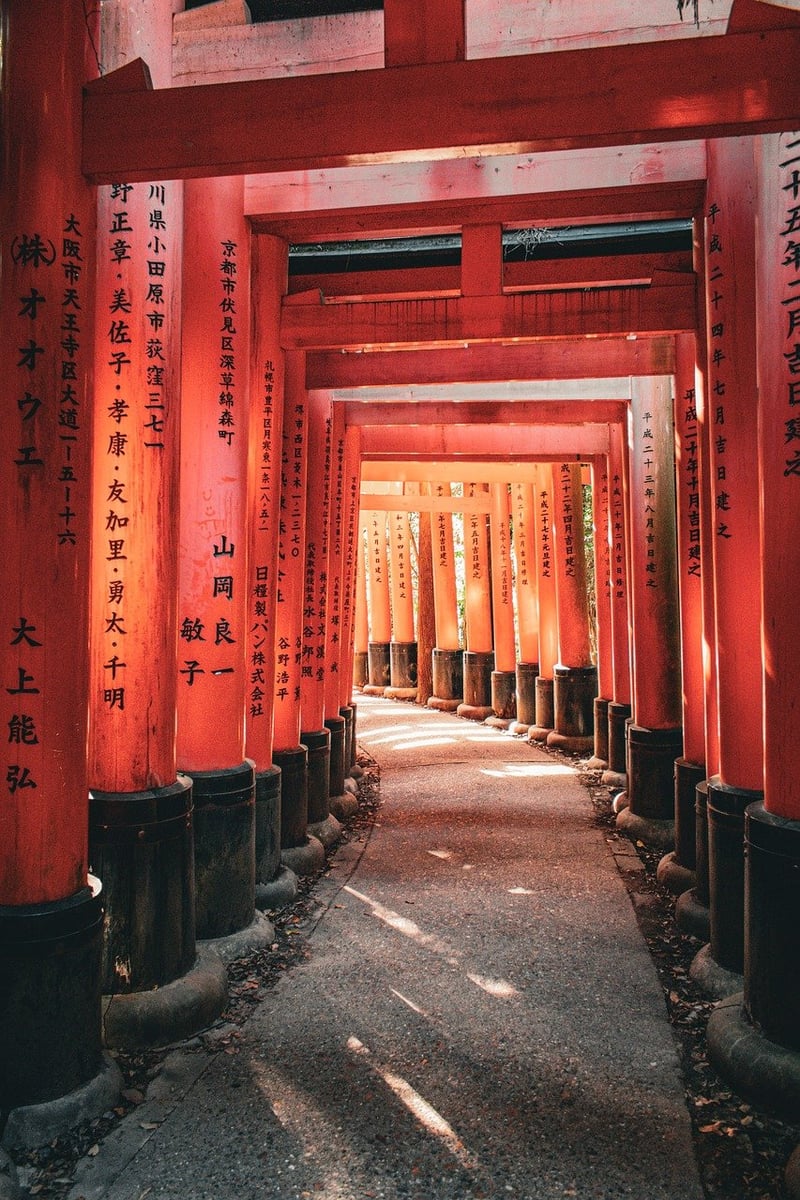Harmony in Nature
The Art of Zen Gardens: Embracing Harmony in Nature

Zen gardens, also known as Japanese rock gardens or dry landscape gardens, are renowned for their serene and minimalist beauty. The essence of Zen gardens lies in their ability to create a tranquil and meditative space that fosters harmony with nature.
Origins of Zen Gardens
Zen gardens originated in Japan during the Muromachi period (1336-1573) and were inspired by the principles of Zen Buddhism. These gardens were designed to evoke a sense of peace, simplicity, and contemplation.
Elements of Zen Gardens
Key elements of Zen gardens include:
- Raked gravel or sand symbolizing water
- Large rocks representing islands or mountains
- Pruned trees and bushes denoting forests
- Minimalist design with careful placement of elements
Harmony in Nature
Central to Zen gardens is the concept of harmony in nature. By mimicking natural landscapes in a controlled environment, these gardens aim to create a sense of balance, tranquility, and interconnectedness with the natural world.
Benefits of Zen Gardens
Engaging with Zen gardens can have several benefits, including:
- Stress reduction and relaxation
- Enhanced focus and mindfulness
- Encouragement of contemplation and introspection
- Connection with nature and the present moment
Creating Your Zen Space
You can incorporate elements of Zen gardens into your own space, whether indoors or outdoors. Consider adding a small rock garden, a water feature, or minimalist landscaping to create a peaceful retreat for reflection and rejuvenation.
Embrace the art of Zen gardens and discover the beauty of harmony in nature.

